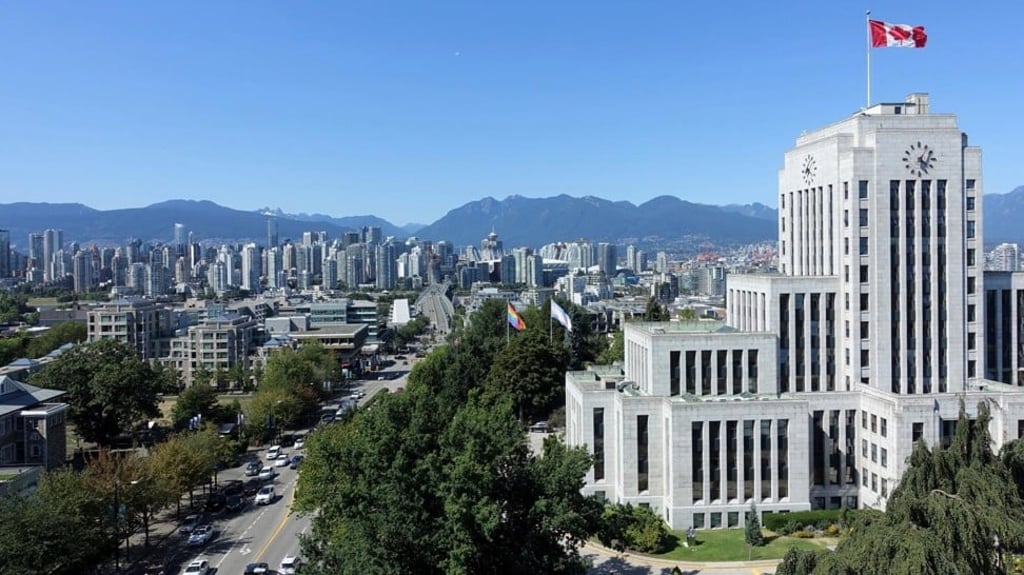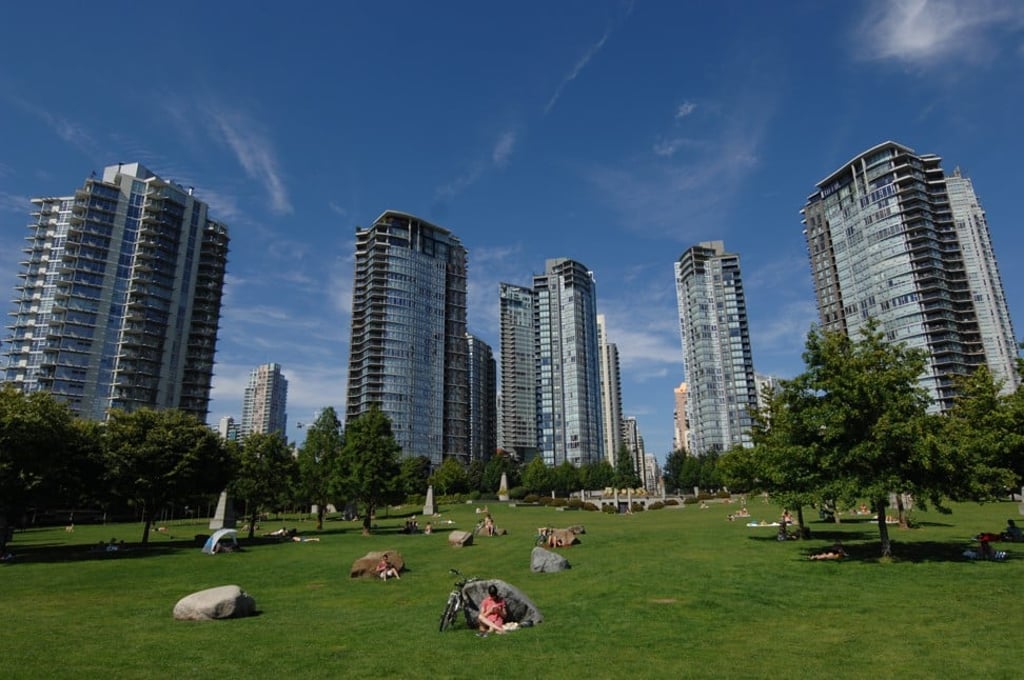Move over Toronto and Vancouver – why rich Chinese are buying up Montreal real estate over other Canadian cities

For years Chinese real estate investment in Canada focused on Vancouver and Toronto, but now Montreal is booming for property investment
While it remains a perennially popular destination for investment from China, shifting dynamics in Canada’s real estate market, brought about by economic and political forces, are seeing investors broaden their horizons.
For many years, the story of Chinese real estate investment in Canada was a tale of two cities, specifically Vancouver and Toronto.

The glistening gem on Canada’s Pacific Coast, Vancouver, is the closest major urban Canadian centre to Asia, and remains a top destination for Chinese overseas investment. And for good reason: besides its proximity, Vancouver boasts a mild climate, stunning scenery, high quality of life, diverse educational opportunities and, perhaps most importantly, real estate values that have consistently appreciated over time. From January 2015 to August 2016, the benchmark price of a detached home in the city rose from C$1.018 million (US$773,420) to C$1.58 million, according to Greater Vancouver Real Estate Board figures, representing a 55 per cent increase in only 19 months.

Some of that lustre has come off the city. Spurred on by calls to tackle soaring real estate prices, in July 2016, the provincial government announced a 15 per cent tax on real estate transactions by foreign buyers in Vancouver and the surrounding Lower Mainland region. The tax went into effect on August 2 of that year, impacting many deals that had not yet closed. The tax would later be increased to 20 per cent in 2018 along with a provincewide speculation and vacancy tax on unused investment properties introduced that same year.
This regulatory intervention contributed to softening of prices and dampening of investment interest from China. Juwai.com tracks and compiles data on global real estate enquiries by Chinese buyers. In 2017, they marked an 18 per cent fall in inquiries from Chinese buyers in the Vancouver market.
There was a shift of interest to Toronto, Canada’s largest city and cultural and business capital. In 2018, CBRE, a company active in the commercial real estate sector, noted that Asian investment in Toronto commercial real estate rose to C$526 million. Vancouver witnessed a fall in the same investment category from above C$1 billon fall to around C$350 million in 2018. But soaring real estate prices forced the Ontario provincial government to bring in its own 15 per cent tax on transactions by foreign buyers.
Despite moderately-successful legislated efforts to cool their markets, Toronto and Vancouver remain popular destinations for Chinese investment dollars and rental income for one reason. The Toronto Real Estate Board reported in October that the average one-bedroom condominium flat rent was C$2,262 in the third quarter of 2019, up 4.5 per cent from the same quarter in 2018. “For those looking to invest in rental property, there’s still plenty of money to be made in many of Canada’s large urban centres,” notes Juwai’s “Top 10 Chinese Buyer Picks H1 2019 Report” published in November.
While those two major Canadian markets remain buoyant, trends have forced Chinese investors to diversify their holdings, with Montreal “very much in vogue”, notes the Juwai report. Canada’s second-largest city also took the number three spot in volume of buyer inquiries, followed by Calgary, Redwood Meadows, Ottawa, Belleville, Markham, Hamilton and Victoria rounding out the top 10.
Tung Chia-yi has had a front-row seat to watch the city’s desirability for Chinese investors grow, living in the Montreal since 1997 and working in the real estate industry since 2003. She says it has become a place that is “very attractive to live and work due to the arrival of innovative industries, companies and talent from around the globe. Yet, the real estate is still affordable”.